Avoiding Peak Season for Better Prices: Safari in Africa
Did you know that visiting during the off-season can make your African safari tours cheaper and less crowded? Many travelers miss out on savings and a more personal experience by not exploring safari in africa during the off-season.
Planning your trip during the off-season can be a game-changer. You’ll get lower prices and a closer connection with nature. The best safari destinations in africa are less crowded, making your experience more intimate.
Choosing to travel during the off-season means a more relaxed and rewarding trip. So, if you want to get the most out of your safari in africa, skip the peak season.
Understanding Peak vs. Off-Peak Seasons for African Safaris
To enjoy your wildlife safari experiences fully, knowing peak and off-peak seasons in Africa is key. The time you choose for your safari can change your costs, experience quality, and wildlife viewing chances.
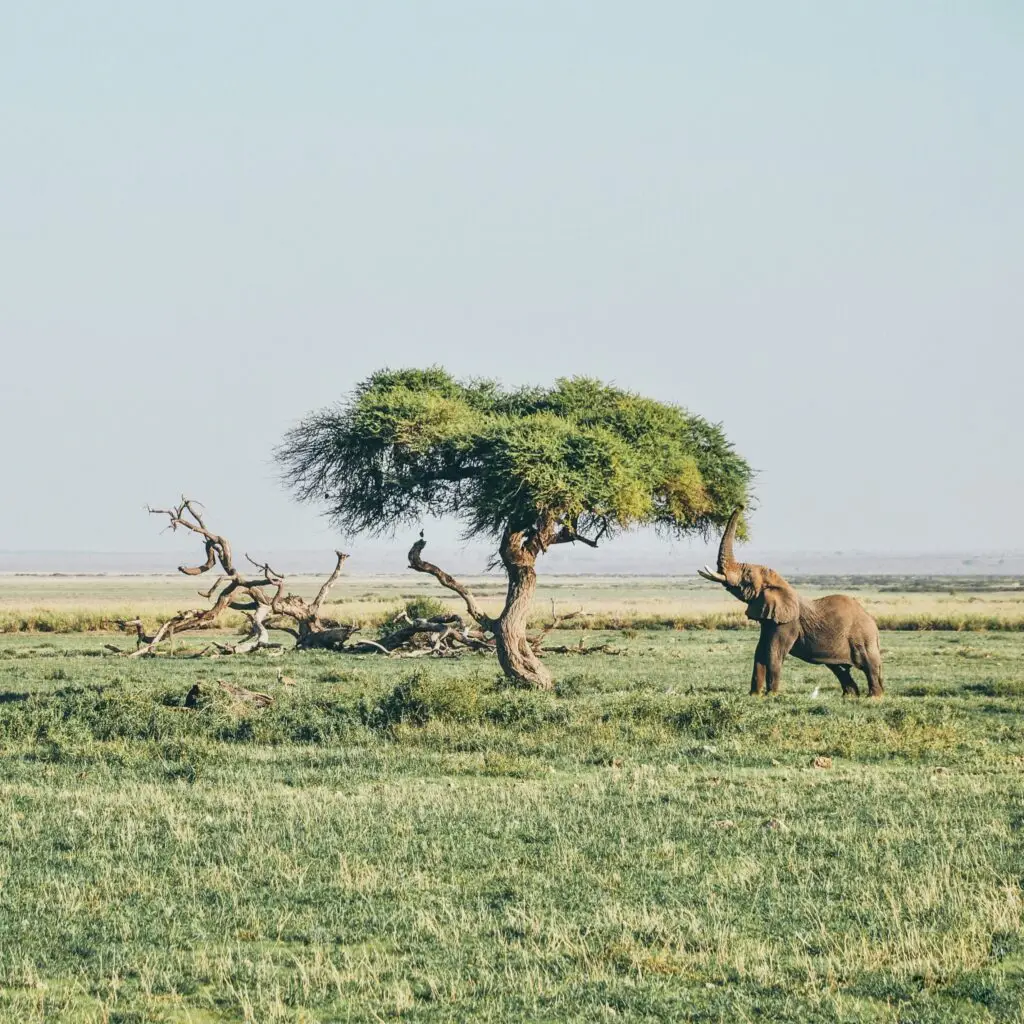
What Defines Peak Season in African Safari Destinations
Peak season in African safaris means great weather and big wildlife events, like the Great Migration. Luxury safari lodges in Africa are sought after, and African safari vacation packages are pricier.
This season matches school breaks in the West and Africa’s dry season. It’s perfect for tourists. But, it also means crowded spots and higher prices.
Regional Variations in Peak Seasons Across Africa
Peak seasons differ across Africa. East Africa’s Serengeti and Maasai Mara peak from July to October, with the Great Migration. Southern Africa’s peak is May to September, during the dry winter.
Knowing these variations helps plan a budget-friendly and fun safari. Researching your destination’s peak season is essential.
Factors That Influence Peak Season Timing
Many things affect when peak season is in African safaris. Weather and climate are big factors, with the dry season being best for spotting wildlife. The Great Migration and other big events also attract tourists.
Local holidays, global economic trends, and major events can also impact tourism. Understanding these can help plan your safari for the best value and experience.
The Financial Benefits of Off-Peak Safari Travel
Going on a safari adventure in Africa during the off-peak season can save you a lot of money. Knowing the financial perks of traveling during these times can greatly reduce your costs.
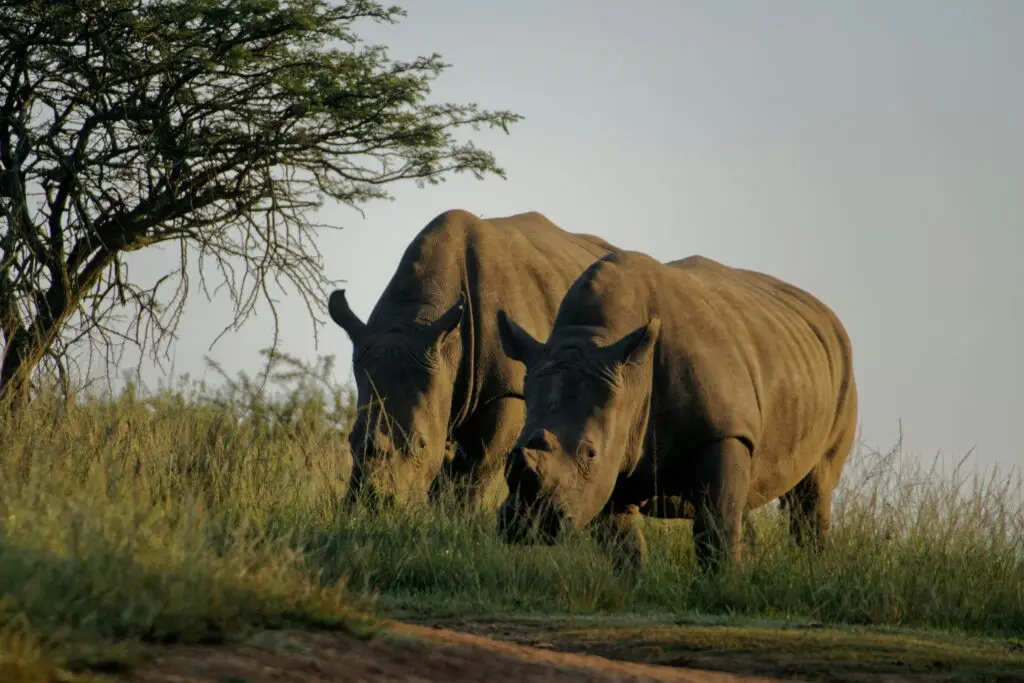
Average Price Differences Between Peak and Off-Peak
Traveling during the off-peak safari holiday in Africa offers big price cuts. Prices can drop by 20% to 50% compared to peak season. This is because fewer people travel, so tour operators offer discounts to fill their spots.
Luxury lodges and tented camps also lower their prices during off-peak months. This lets you enjoy a high-end experience for less money. Some tour operators even throw in extra activities or services to make your trip better.
Additional Discounts and Promotions Available Off-Season
Many tour operators and travel agencies give extra discounts and promotions during the off-season. These can include:
- Discounts on guided tours and activities
- Special offers on accommodation packages
- Free upgrades or additional services like complimentary meals or spa treatments
- Early booking discounts for those who plan ahead
These deals can make your safari adventures in Africa even more fun and memorable.
Value-Added Services Often Included During Slower Periods
During the off-peak season, safari operators often add extra services to your trip. These can be personalized guided tours or special access to certain areas. For example, some lodges might offer private bush dinners or exclusive sunrise/sunset drives.
By taking these offers, you can have a more enriching safari experience without breaking the bank. Whether you’re visiting the top safari parks in Africa or exploring new places, the off-peak season is a great time to see the best of African safaris.
How to Research the Best Safari in Africa Off-Peak Times
To enjoy your African safari, finding the right off-peak times is key. These times offer better prices and unique wildlife views. Knowing the off-peak seasons in different African regions is important.
East Africa’s Optimal Off-Peak Windows
East Africa, famous for its savannas and Maasai Mara, has its off-peak in the long rains, from March to May. This time is lush and less crowded, perfect for a quiet safari. The short rains, from November to December, also offer a chance to see newborn animals.
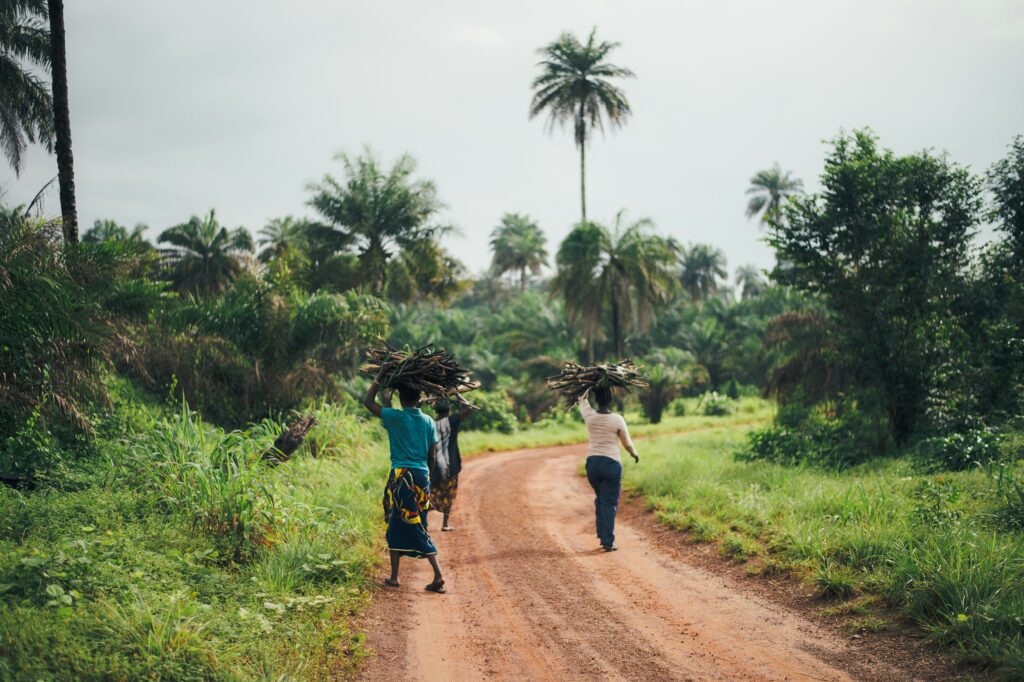
Southern Africa’s Budget-Friendly Months
In Southern Africa, like South Africa, Botswana, and Zambia, the off-peak varies. The wet season, from November to March, is generally off-peak. This season brings green landscapes and newborn wildlife, great for photographers and those who love the circle of life.
Central and West Africa Timing Considerations
Central and West Africa have unique climates. Their off-peak seasons are often rainy periods, varying by country. For example, some West African countries have off-peak in summer, with high temperatures and rain.
When planning your safari, research the off-peak times for your destination. This saves money and avoids crowds, making your wildlife experience better. Understanding regional off-peak seasons helps tailor your trip to your liking and budget, ensuring a memorable safari in Africa.
Wildlife Viewing Opportunities During Off-Peak Seasons
Many think off-peak seasons are less exciting for wildlife viewing. But, they offer unique chances to see amazing animal behaviors. You get a more personal and less crowded experience, connecting deeply with nature.
Migration Patterns and Seasonal Wildlife Behavior
Knowing migration patterns is key for a great off-peak season safari. Iconic African species migrate for food and water, creating great views. For example, the Serengeti’s great wildebeest migration peaks in some months. But, the off-peak months offer interesting sights in the surrounding areas.
Unique Animal Sightings During Less Popular Times
The off-peak season is more than just big migrations. It’s when certain animals are more active or visible. For instance, the dry season makes spotting wildlife around waterholes easier. The wet season brings lush landscapes and lots of newborn animals.
Photography Advantages in Different Seasons
Photographers love the off-peak season. The soft light in the early morning and late afternoon makes for better photos. The changing seasons also offer different backdrops, from golden dry season hues to vibrant wet season greens, making your safari photos stunning.
| Season | Wildlife Viewing Highlights | Photography Advantages |
|---|---|---|
| Dry Season | Concentration of wildlife around waterholes, easier spotting | Clear skies, minimal foliage, sharp images |
| Wet Season | Abundance of newborn animals, lush landscapes | Soft light, vibrant colors, dramatic skies |
By understanding these patterns and advantages, you can plan a rewarding safari, even in the off-peak season.
Weather Considerations for Off-Season Safari Planning
When planning your African safari in the off-season, think about the weather. Knowing the weather will help you have a comfortable and fun trip.
Navigating Rainy Seasons Across Different Regions
The rainy season changes in different parts of Africa. In East Africa, it’s from March to May and November to December. Southern Africa gets rain from November to March. Knowing these patterns is key for planning your safari and getting ready for the weather.
Central and West Africa have their own rainy seasons too. For example, the Serengeti’s rainy season is from April to May. The Maasai Mara’s is from April to June. Knowing these differences helps you pack and plan better.
Temperature Variations Throughout the Year
Temperatures can change a lot during the off-season. In some places, it gets really cold at night, even in the warmer months. For example, East Africa’s savannas can get quite cool at night, even in the dry season.
Luxury safari lodges in Africa often have things to keep you cozy. It’s smart to bring layers for your trip. This way, you’re ready for any temperature changes.
Packing Essentials for Off-Peak Weather Conditions
It’s important to pack the right things for an off-season safari. You’ll need waterproof clothes, warm layers for cool nights, and strong boots for wet terrain.
- Waterproof jackets and pants
- Warm clothing for cooler evenings
- Sturdy, waterproof boots
- Insect repellent
- Powerful binoculars for wildlife viewing
Being ready for the weather lets you enjoy your African safari tours without any hassle or discomfort.
Step-by-Step Guide to Booking Affordable Safari Packages
Booking an African safari vacation package can seem tough, but it’s doable with the right help. Planning a safari holiday in Africa means thinking about a few key things. These include when to book, how to negotiate with safari operators, and whether to use a travel agent or book yourself.
Timing Your Booking for Maximum Savings
To save money on African safari vacation packages, book at the right time. Booking during the off-season can lead to big discounts.
- Book at least 6-12 months in advance to get the best rates.
- Think about booking during the shoulder season for lower prices and nice weather.
- Watch for last-minute deals for even more savings.
Negotiating Directly with Safari Operators
Talking directly to safari operators can get you better deals and packages tailored just for you. Here are some tips:
- Look at different operators to compare prices and services.
- Be upfront about your budget and what you want.
- Ask if there are any extra discounts or special offers.
| Operator | Package Price | Inclusions |
|---|---|---|
| Safari Operator A | $1,500 | Accommodation, meals, guided tours |
| Safari Operator B | $1,800 | Accommodation, meals, guided tours, transportation |
| Safari Operator C | $1,200 | Accommodation, meals |
Leveraging Travel Agents vs. DIY Booking
Choosing between a travel agent and booking yourself depends on what you prefer. Travel agents can save you time and offer expert advice. But booking yourself lets you have more control over your trip.
Benefits of using a travel agent:
- They know a lot about destinations and operators.
- It’s convenient and saves time.
- They might have special deals you can’t find elsewhere.
Maximizing Value During Your Safari in Africa
African safaris are great for seeing wildlife and exploring. With some planning, you can have a top-notch experience without spending too much. Here are some tips to help you get the most out of your safari.
Combining Multiple Destinations for Better Rates
Visiting several places can make your safari better. Many tour operators give discounts for longer trips to different top safari parks in Africa. For example, going to the Serengeti in Tanzania and Maasai Mara in Kenya can give you a wider wildlife view.
When planning a trip to multiple places, find the best routes and operators. Look for guides or tour operators who specialize in African safaris. They can offer customized packages. A well-planned trip saves money and makes sure you enjoy your time in Africa.
| Destination | Best Time to Visit | Key Attractions |
|---|---|---|
| Serengeti, Tanzania | June to October | The Great Migration |
| Maasai Mara, Kenya | July to October | Abundant lion, leopard, and cheetah populations |
| Okavango Delta, Botswana | May to October | Water-based safaris and diverse birdlife |
Group Travel Advantages and Considerations
Traveling in a group can be cheaper for a safari in Africa. Many safari operators give discounts for groups. Group tours also have expert guides who share valuable insights about the wildlife and ecosystems.
But, choose a reputable operator that fits your preferences and needs. Research their reputation, read reviews, and ask about group size and dynamics. This ensures your group tour meets your expectations.
Upgrading Your Experience Without Upgrading Your Price
There are ways to improve your safari without spending more. Choose luxury lodges or tented camps with high-end amenities at good prices during the off-season. Some operators offer special packages with extra activities or services, like guided walking safaris or hot air balloon rides.
When booking, ask about any upgrades or add-ons. Many operators can customize their packages to fit your preferences. This makes your safari more personal and memorable.
By visiting multiple places, traveling in a group, and taking advantage of upgrades, you can get more value from your safari in Africa. With careful planning and research, you can have a fulfilling adventure that meets your budget and expectations.
Accommodation Strategies for Off-Peak Safari Savings
Off-peak safaris let you enjoy luxury at lower prices, making your trip unforgettable. You can pick from many options to fit your budget and likes.
Luxury Lodges at Reduced Rates
In the off-peak season, luxury safari lodges in Africa give big discounts. This makes top-notch experiences more affordable. You can look forward to:
- Private villas with personal butlers
- Gourmet dining experiences
- Exclusive access to guided tours
These lodges keep their high service and amenities, even when it’s less busy.
Exclusive-Use Properties and Group Discounts
Booking an exclusive-use property gives you a personal touch. You and your group can have the lodge all to yourselves. It’s a unique safari experience. Many lodges also give group discounts during off-peak times. This is a smart way to save with family or friends.
Budget-Friendly Alternatives With Great Wildlife Access
If you’re not set on luxury, there are budget-friendly alternatives with great wildlife views. Think about:
- Campsites near national parks
- Self-catering lodges
- Guesthouses with safari packages
These choices let you see the best safari destinations in Africa without spending a lot.
Choosing the right place to stay makes your off-peak safari great, whether you want luxury or something more affordable.
Transportation Tips for Off-Season Safari Travel
To save money on an African safari, look for cheap ways to travel during the off-season. Whether you want exciting safari adventures in Africa or to stretch your travel budget, knowing your transport options is key.
Finding Affordable International Flights to Africa
Finding cheap international flights is the first step for your African safari tour. Here are some tips to save on flights:
- Be flexible with your travel dates to catch the best deals.
- Book your flights well in advance to secure lower rates.
- Use flight comparison websites to find the most affordable options.
- Consider flying into major hubs and then taking domestic flights or other forms of transportation to your final destination.
Internal Transportation Options and Savings
After arriving in Africa, you’ll need to figure out how to get around. Here are some ways to save:
| Transportation Mode | Cost | Convenience Level |
|---|---|---|
| Domestic Flights | High | High |
| Road Transfers | Medium | Medium |
| Public Transport | Low | Low |
| Charter Flights | High | High |
Charter Flights vs. Road Transfers: Cost-Benefit Analysis
Choosing between charter flights and road transfers for your safari adventures in Africa is important. Charter flights are quick and convenient, but pricey.
On the other hand, road transfers are cheaper and let you see the African scenery. They’re great for shorter trips or groups.
Deciding between charter flights and road transfers depends on your budget, time, and preferences. By thinking about these, you can choose the best option for your African safari experience.
Conclusion: Making the Most of Your Off-Peak Safari Adventure
Planning a safari in Africa during the off-peak season can be rewarding. You get better prices and a closer connection with nature. This time, you can enjoy a calm atmosphere and see wildlife in unique ways.
As a smart traveler, you can make the most of off-peak travel. With good planning, you can see Africa’s varied landscapes and animals without spending too much.
Now, you know how to plan an off-peak safari. Think about the different areas, weather, and when to see animals. This way, you can make a safari that fits your dreams.
By planning this way, you’ll save money and have a real safari experience. So, start planning your off-peak safari today. Get ready for an adventure you’ll never forget.

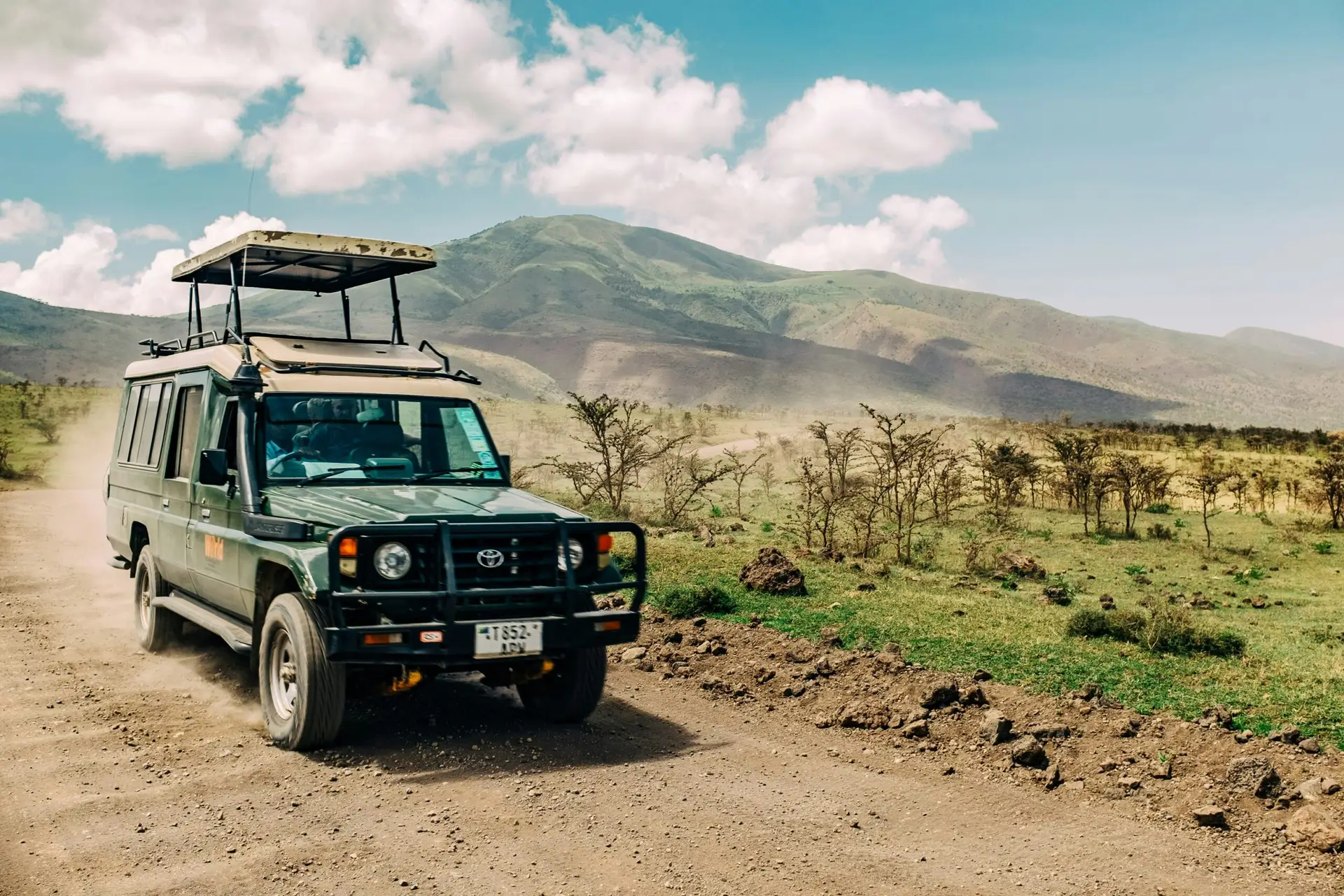
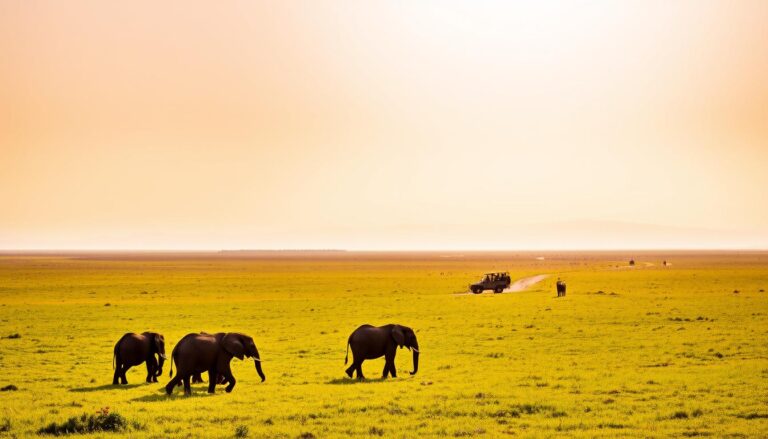
One Comment